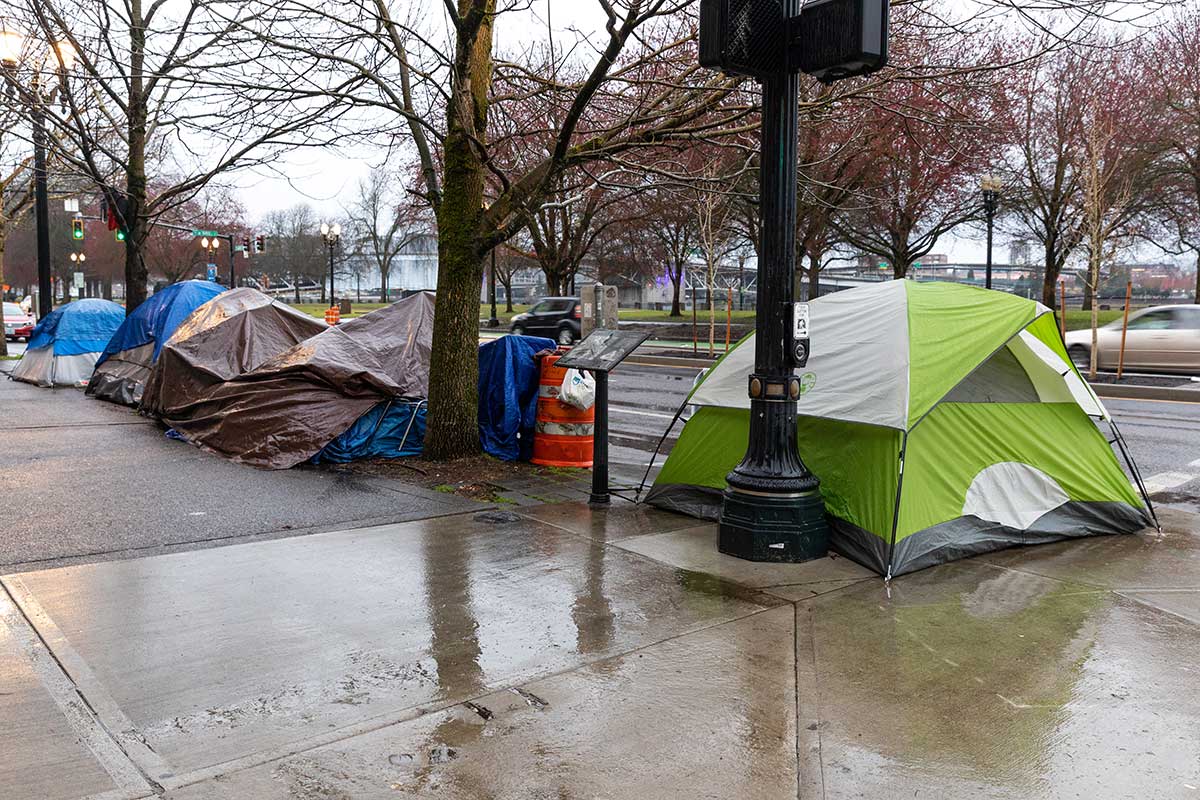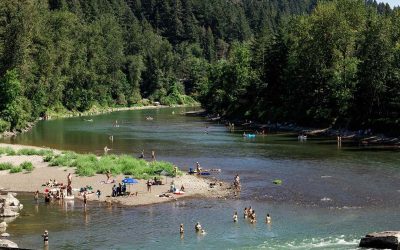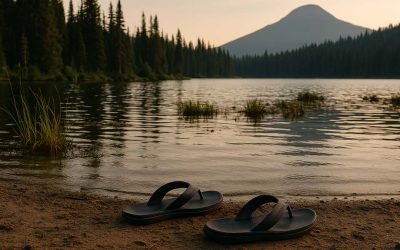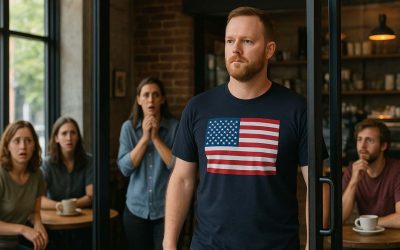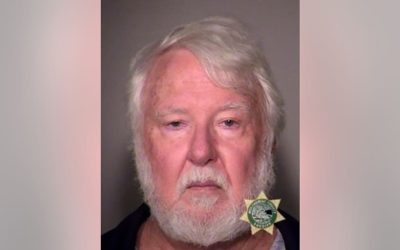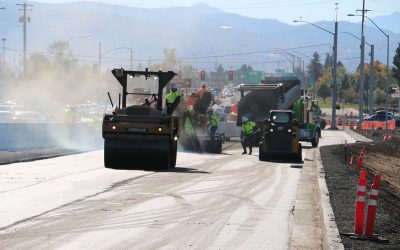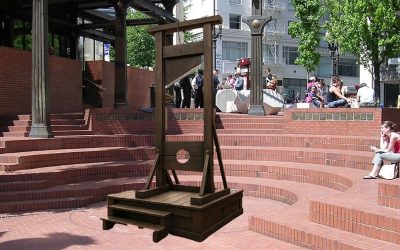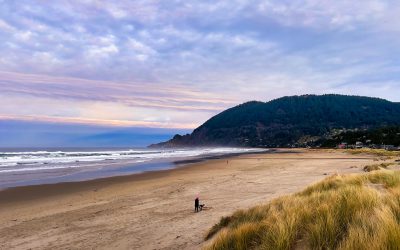In a significant development from Salem, the U.S. Supreme Court has decided to review a critical ruling from the 9th Circuit Court. This is about a 2020 decision that really shook things up in Grants Pass, Oregon. The court had previously decided that the city couldn't just ticket homeless people for sleeping in public spaces unless they provided alternative shelter options. This was a big deal because it raised questions about cruel and unusual punishment under the 8th Amendment.
The story began in Medford's U.S. District Court and was later upheld by the 9th Circuit in 2022. They made it clear: Grants Pass can't arrest or ticket people for using sleeping bags or similar means to keep warm in public spaces, without offering them other low-barrier shelter options.
Ed Johnson, the attorney with the Oregon Law Center representing the homeless residents of Grants Pass, made a strong point. He compared this situation to a landmark 1962 U.S. Supreme Court ruling (Robinson v. California), which labeled the criminalization of narcotic addiction as "cruel and unusual punishment." Johnson emphasized that criminalizing someone for their status, or for simply trying to survive, falls into the same category.
This ruling doesn't just affect Oregon; it impacts most western states including Alaska, Arizona, California, Hawaii, Idaho, Montana, Nevada, Washington, and more. It's sparked a big debate, with various cities and counties, and even California Governor Gavin Newsom, chiming in with their thoughts through amici briefs.
The issue? Cities are arguing that this ruling handcuffs them from managing homeless encampments effectively. They can still impose time-and-place restrictions on public camping, but proving that other shelter options are available before citing individuals is a big hurdle.
On the flip side, lawyers representing Grants Pass believe this ruling might be doing more harm than good. Theane Evangelis, a partner at Gibson Dunn law firm, argues that the ruling creates a right to camp, which isn't helping anyone in the long run.
The Supreme Court is all set to hear this case in April. Chris Shortell, a political science professor at Portland State University, thinks the court’s decision to take this case might signal a possible overturn of the 9th Circuit's ruling. This could lead to cities taking more assertive actions against larger encampments.
Tackling homelessness remains one of the most complex and persistent challenges facing Oregon. Despite various efforts and interventions, a one-size-fits-all solution seems elusive. The situation in Grants Pass and the ongoing legal battles underscore the intricacy of this issue. Cities and communities across the state are grappling with how to balance compassionate support for the homeless with public safety and community well-being. The diversity of causes behind homelessness, ranging from economic hardship and mental health issues to systemic failures, adds layers of complexity to finding effective, sustainable solutions. This ongoing legal saga not only highlights the legal and ethical dilemmas involved but also points to a broader, more pressing need for innovative, multi-faceted approaches to address the homelessness crisis that continues to impact Oregon deeply.
Stay tuned, as this case could reshape how our cities deal with homelessness and public camping.
Source: KATU

